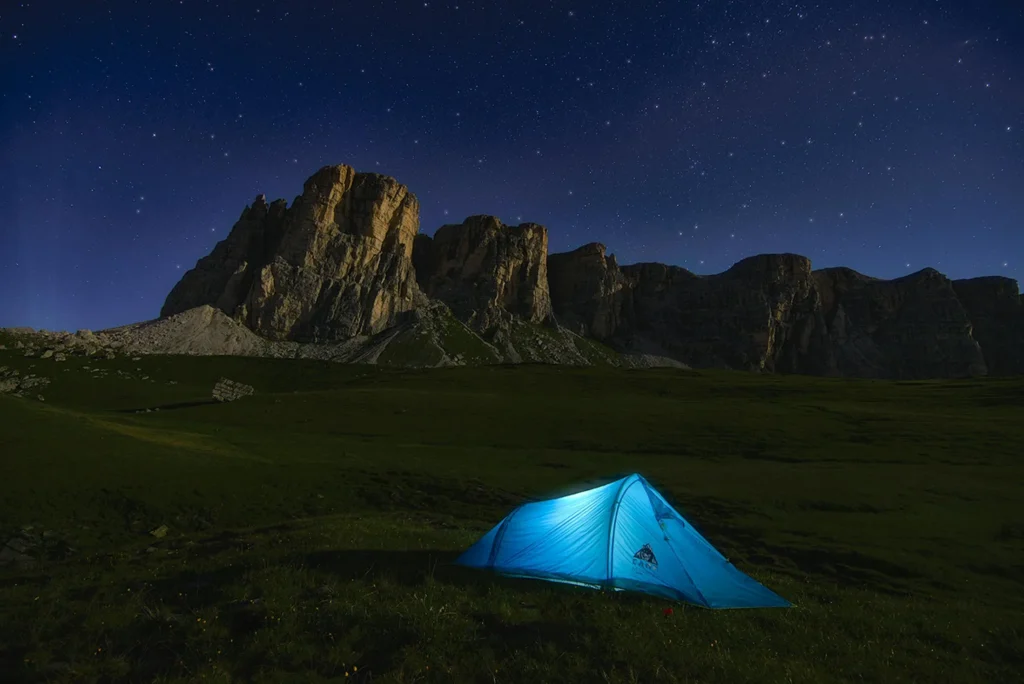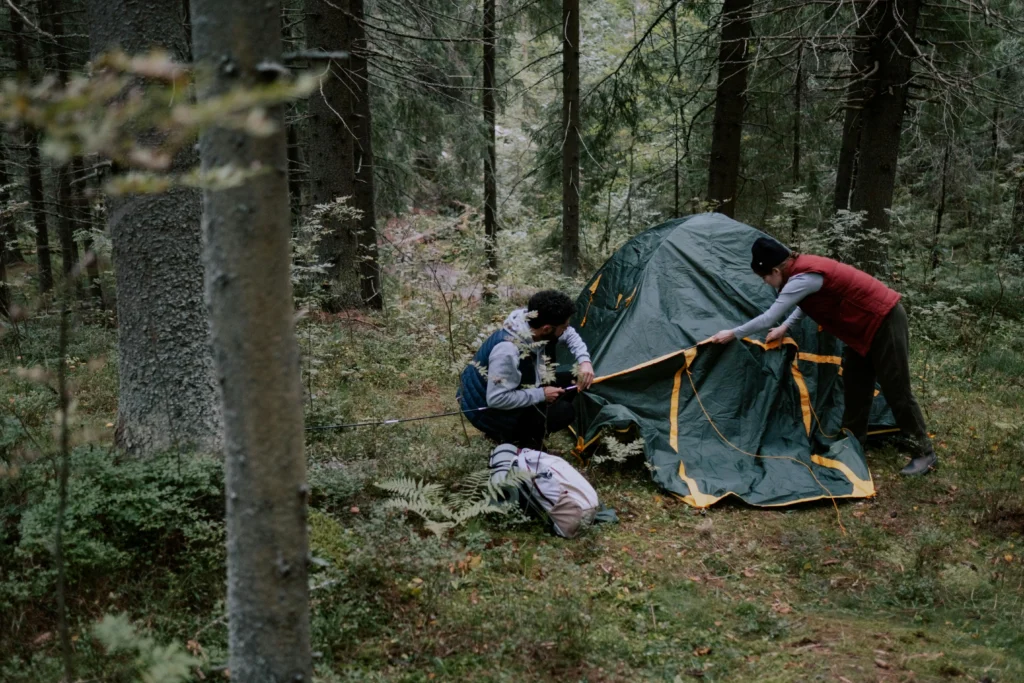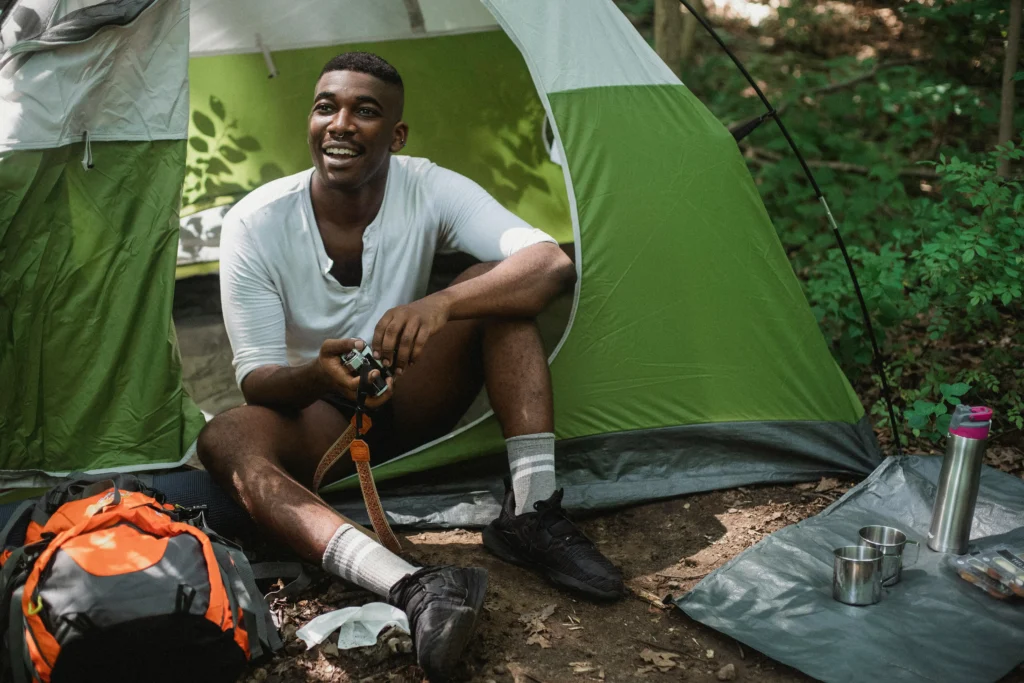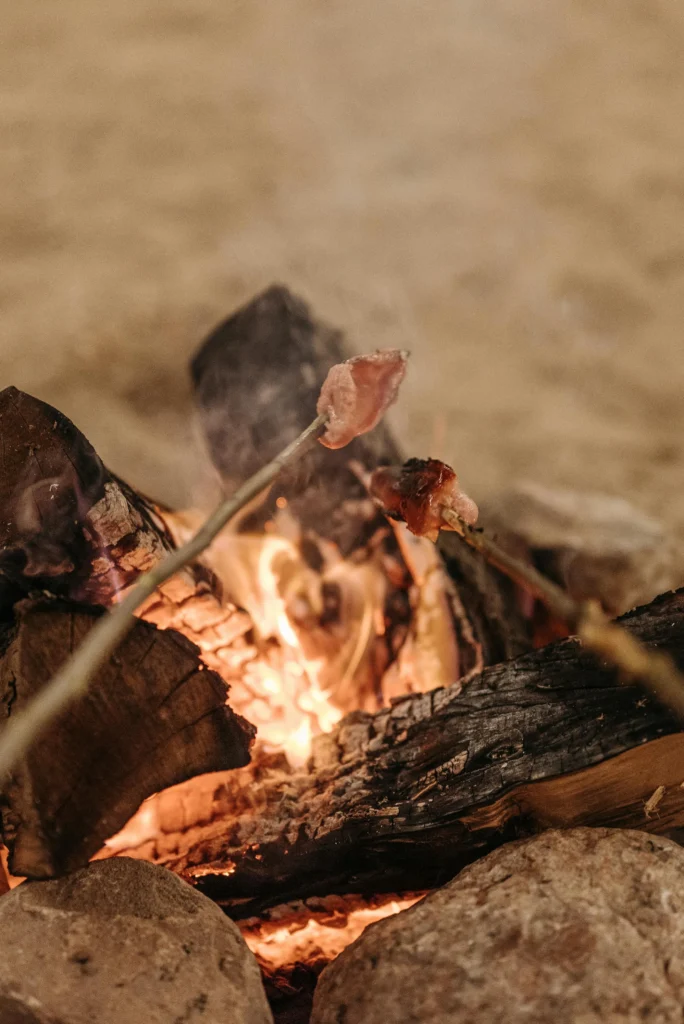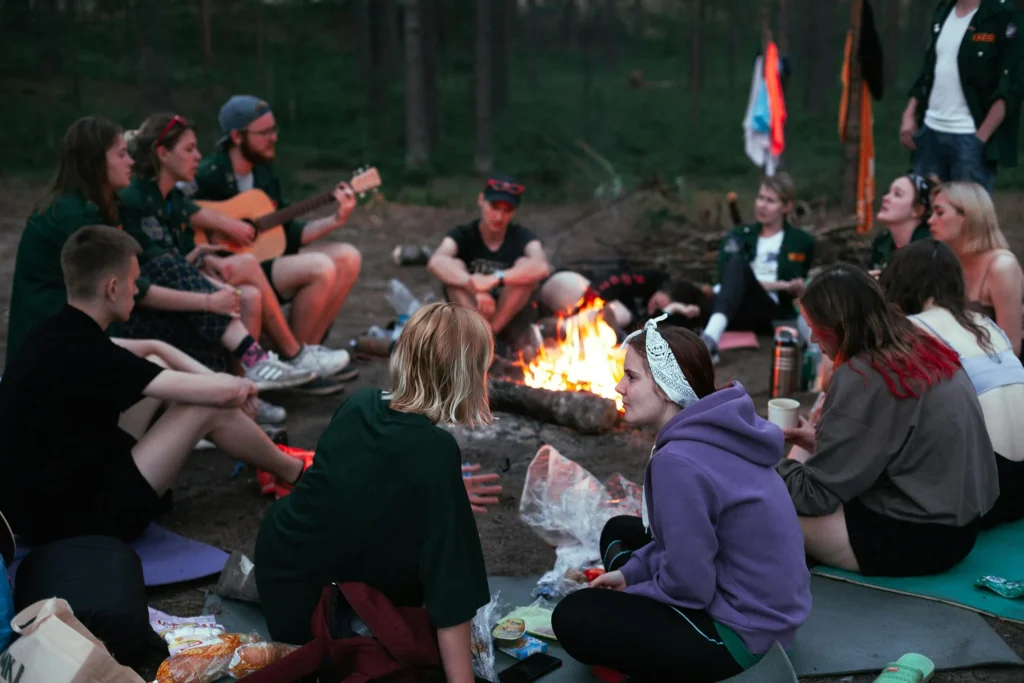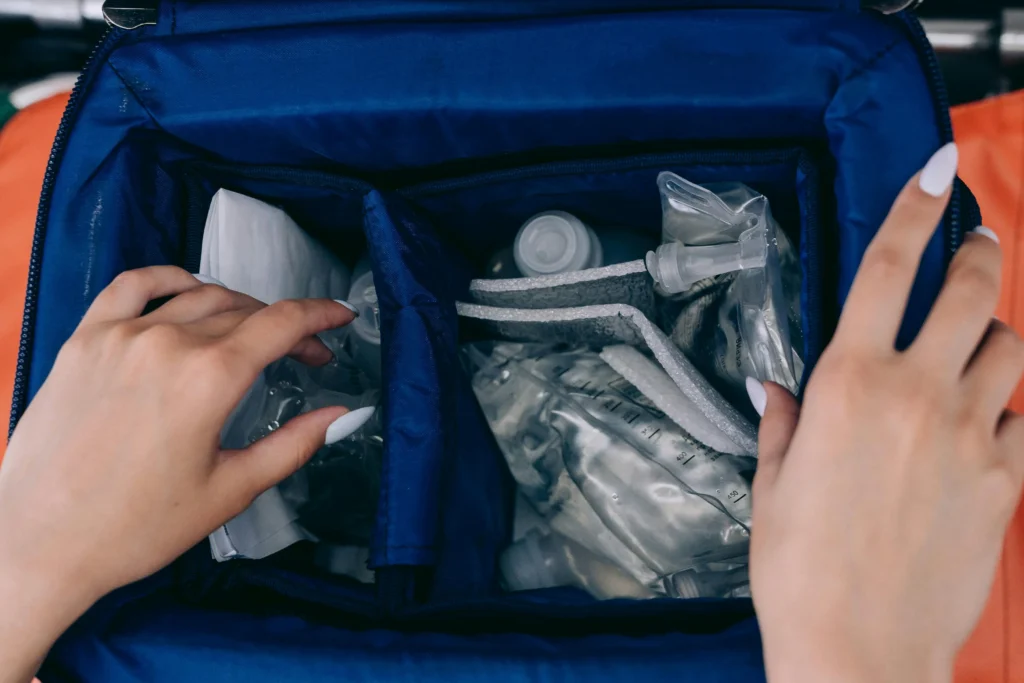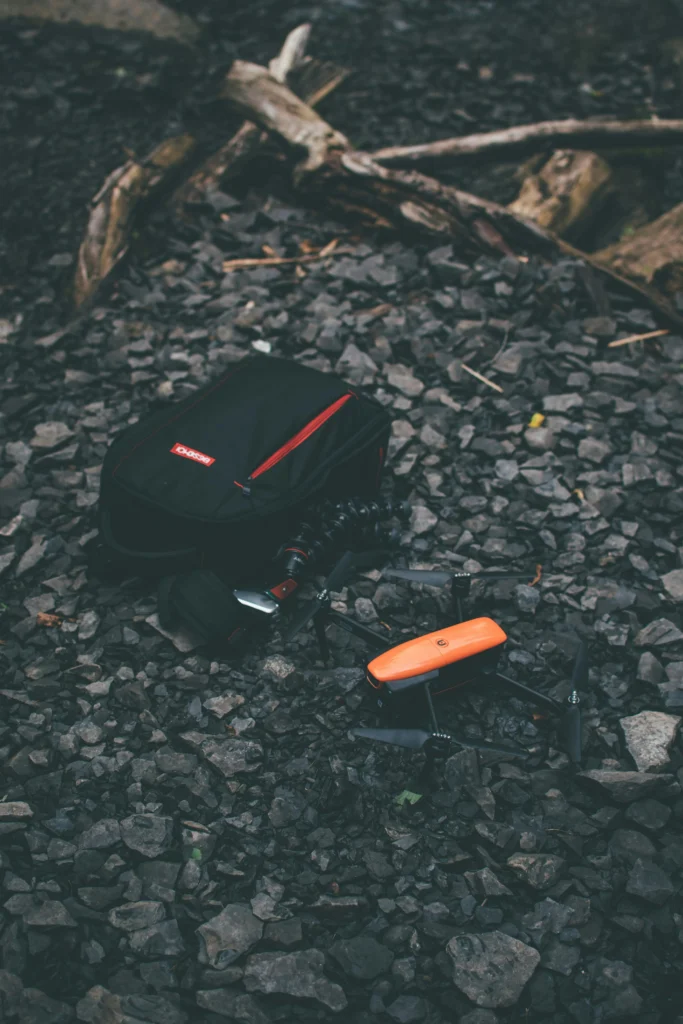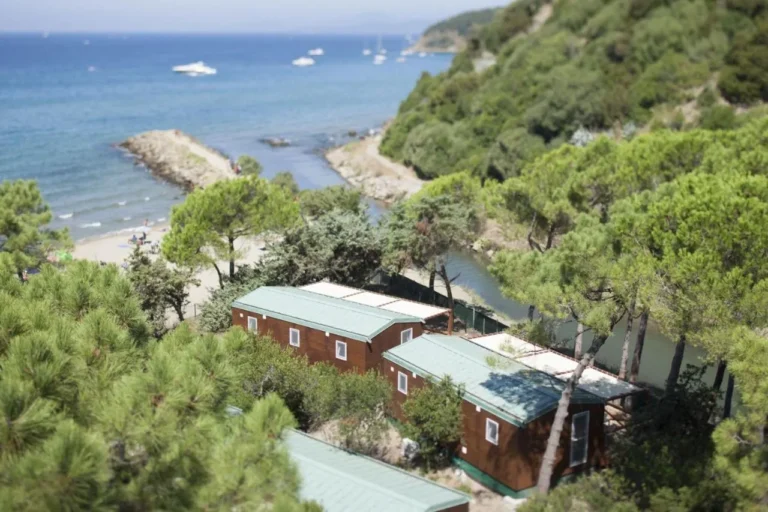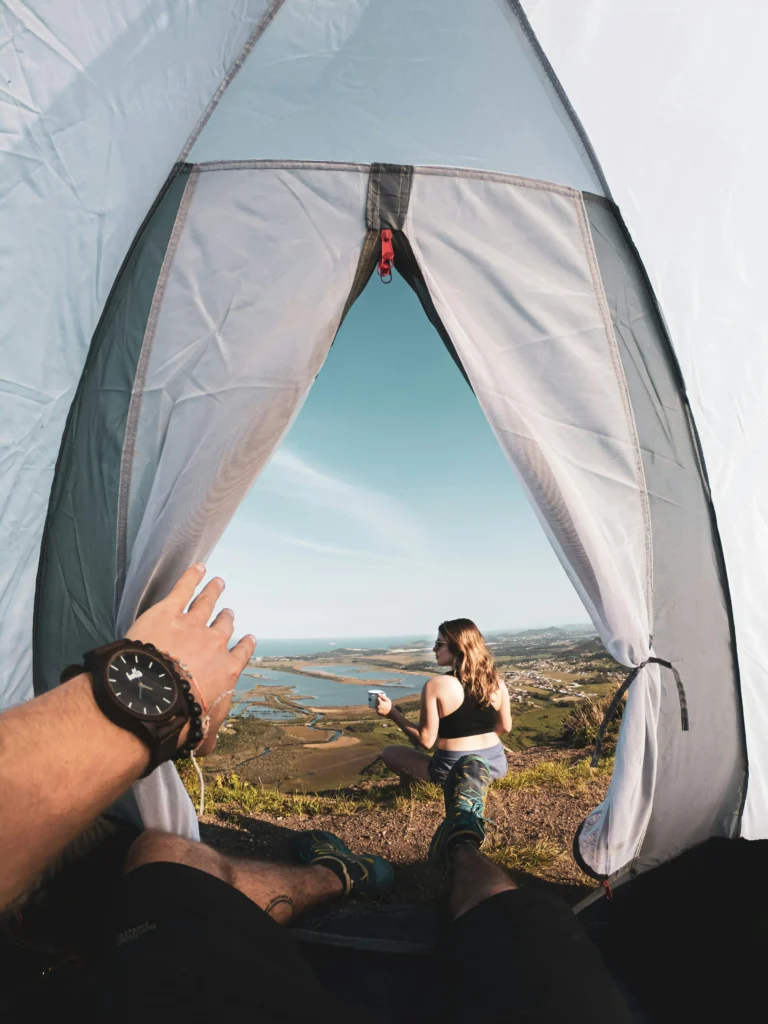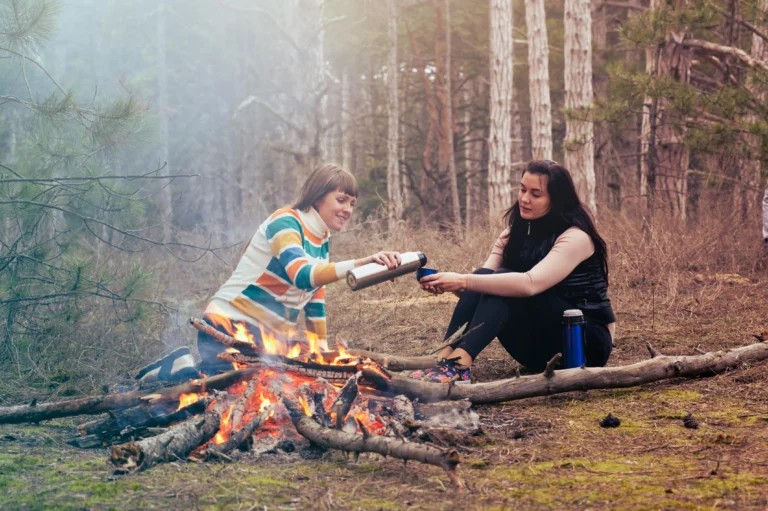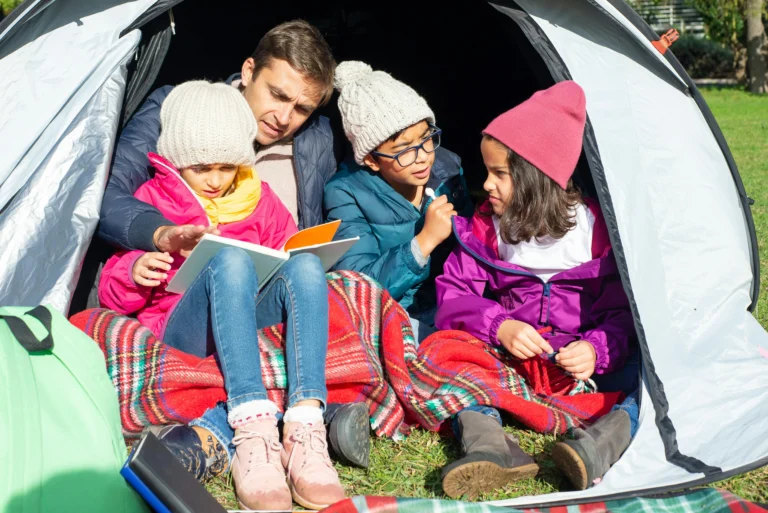The Ultimate Guide to Overnight Camping (2025)
Planning for Your Camping Trip in Night
When selecting the ideal campsite, consider your skill level and desired experience. Are you a newbie looking for a family-friendly site with amenities? Or are you an adventure-seeker craving solitude in the wilderness?
Planning for Your Camping Trip
Packing the right gear is crucial for a comfortable trip. Here’s a checklist to guide you:
By planning ahead, you ensure a smoother, more enjoyable camping adventure!
Setting Up Camp
After choosing the perfect spot, setting up your camp correctly can enhance your experience. Select a flat area, away from hazards like falling branches.
Tent Guidelines
- Clear the ground of rocks and debris.
- Lay down a footprint or tarp for protection.
- Assemble your tent according to the instructions and ensure it’s staked down.
Organizing your camp layout is also essential. Keep cooking areas separate from sleeping areas to prevent accidents.
Building a Safe Campfire
A cozy campfire is a staple of camping, but safety should always come first.
How to Build Your Fire
- Choose a designated fire pit or clear a safe area.
- Use dry wood; start with kindling before adding larger logs.
- Always have water or soil nearby to extinguish the fire.
By prioritizing safety, you can enjoy warm nights under the stars without worry.
Campsite Etiquette and Safety
Once you’re settled in, it’s essential to practice good campsite etiquette. Respect for nature not only preserves the environment but enriches your camping experience.
Leave No Trace Principles
- Pack out everything you bring in, including trash.
- Stay on marked trails to minimize impact on wildlife and vegetation.
- Avoid picking plants or disturbing wildlife.
A great camping trip is one where nature remains untouched for others to enjoy!
Safety Tips
- Store food securely away from your tent; use bear-proof containers if necessary.
- Make noise while hiking to avoid surprising animals.
- Observe wildlife from a distance. Never feed them; it can be dangerous for both species.
Being informed and respectful ensures both you and nature stay safe during your adventure!
Food and Cooking Tips
With the beauty of nature surrounding you, planning your meals becomes an exciting prospect. To ensure you’re well-fed on your camping trip, start with a solid meal plan!
Tips for Planning
Cooking outdoors can be both delightful and practical.
By planning your meals and using effective cooking techniques, you’ll enjoy delicious food under the stars!
Enjoying Outdoor Activities
Once your campsite is set and meals are prepped, it’s time to dive into outdoor adventures. Hiking is a fantastic way to soak in the beauty of nature and discover hidden gems around your campsite.
Best Practices for Hiking:
Evenings bring a new magical aspect to camping, ripe for stargazing and nighttime fun.
Stargazing Tips
By embracing both daytime hikes and enchanting nights under the stars, you’ll create an unforgettable camping experience!
Sleeping Comfortably in the Outdoors
After a day filled with adventure, a good night’s sleep is vital for recharging. Choosing the right sleeping gear can make all the difference.
Essential Gear
To ensure restful slumber, consider these tips:
Tips for a Restful Night’s Sleep
With the right preparations, you can enjoy restful sleep under a canopy of stars!
Handling Emergency Situations
While camping is exhilarating, it’s crucial to be prepared for emergencies. Having a basic understanding of first aid can make a significant difference in critical moments.
Essential First Aid Supplies
Always familiarize yourself with how to treat common injuries, like sprains or insect bites. Before heading out, ensure you have a list of important contacts.
What to Include
Bring a communication device, ideally a fully charged phone or a satellite messenger for remote areas. This preparation can provide peace of mind, allowing you to focus on enjoying the great outdoors!
Packing Up and Leaving No Trace
As your adventure comes to an end, it’s vital to leave your campsite as pristine as you found it. Cleaning up is not only courteous but also crucial for protecting nature.
Steps for Cleaning Up
Effective waste disposal completes your camping ethic of leaving no trace.
Dispose of biodegradable waste in designated areas or bury it away from water sources.
Conclusion
Embarking on an overnight camping trip is an incredible way to immerse yourself in nature and create lasting memories. By carefully planning your trip, packing the right gear, and prioritizing safety, you can ensure a smooth and enjoyable experience. From selecting the ideal campsite to mastering outdoor cooking, every step adds to the joy of your adventure. Remember to embrace the serenity of the outdoors, respect nature, and leave no trace behind. With thoughtful preparation and a spirit of exploration, you’ll find camping to be a truly rewarding escape.

